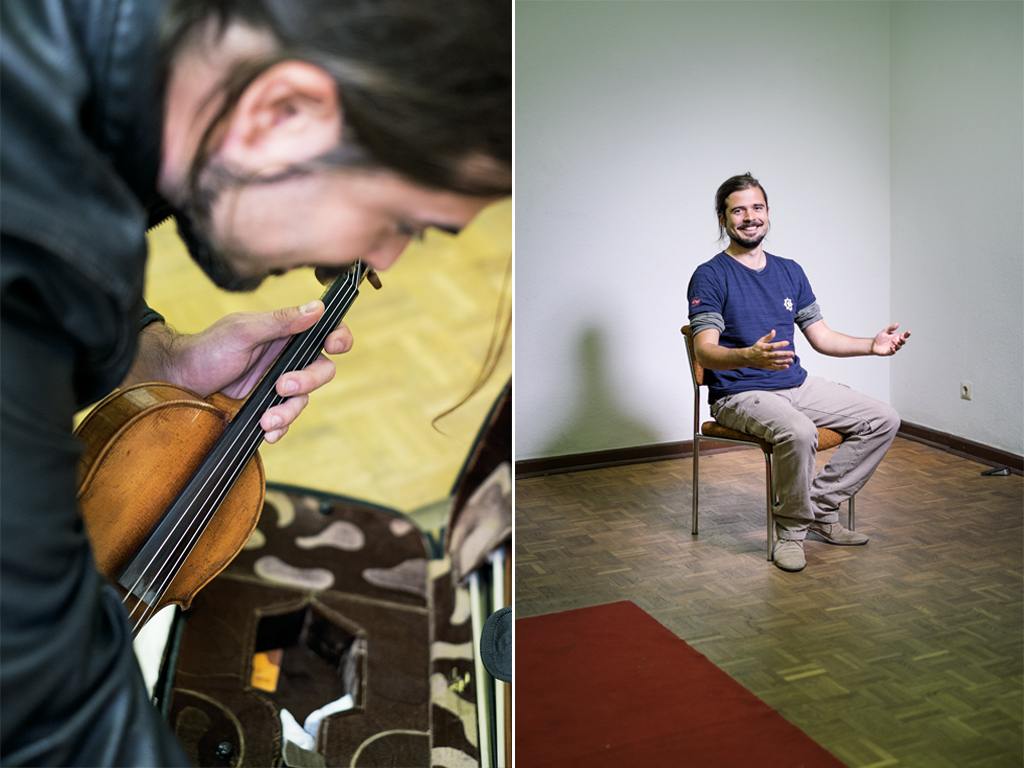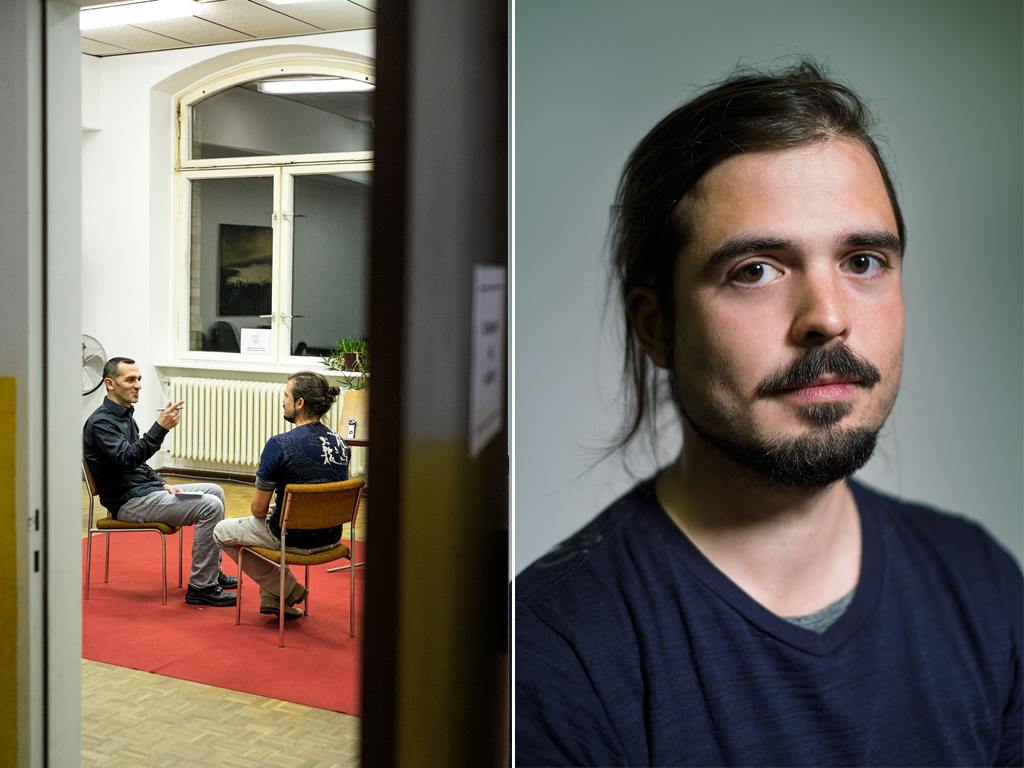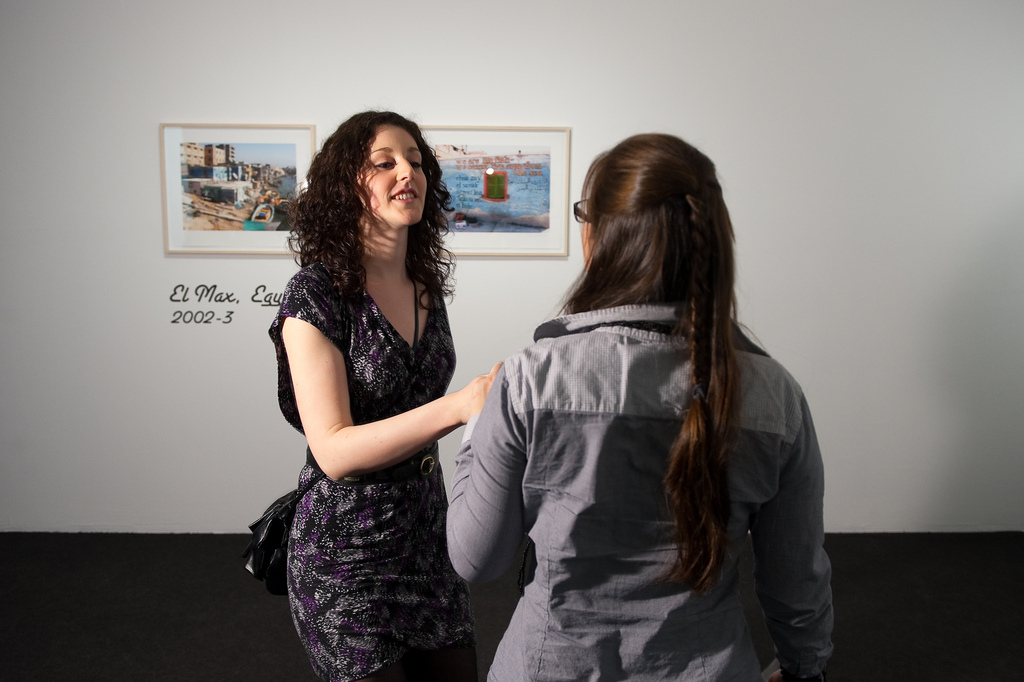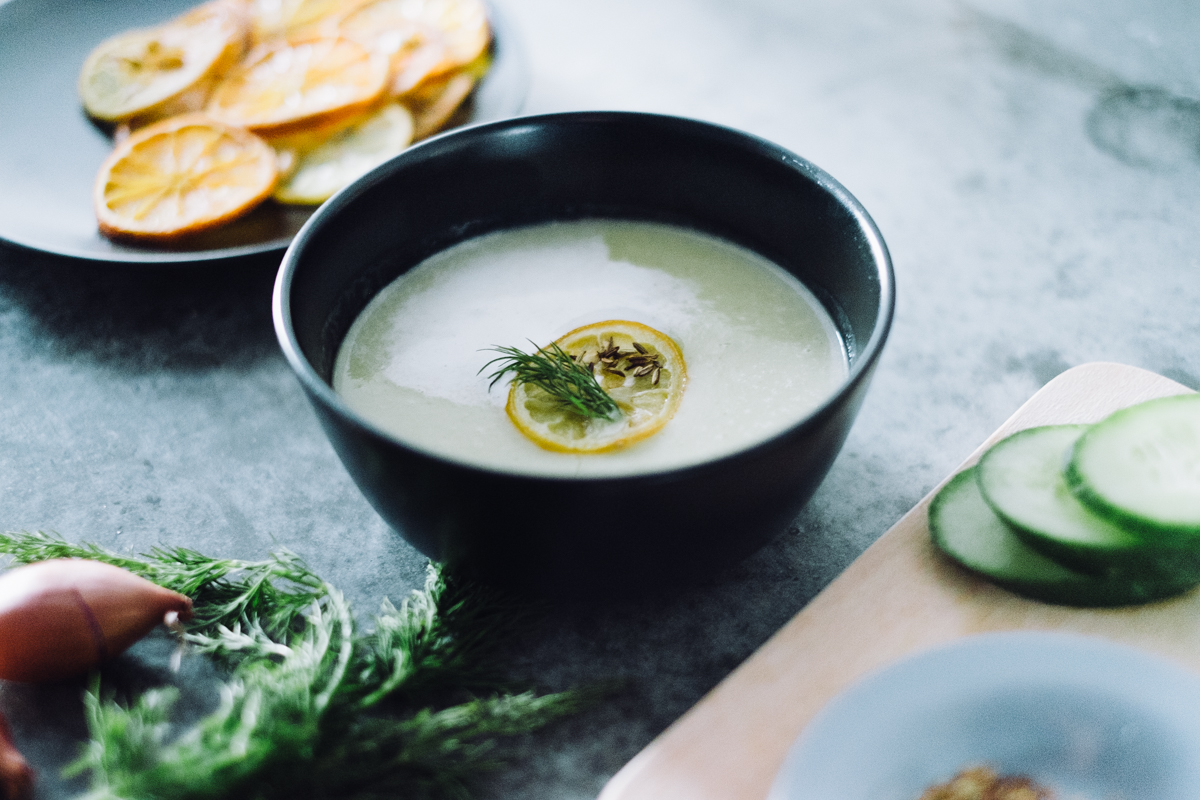Müziğin dili evrenseldir. Music doesn’t need a language. Music is a language.
Lorenz Masé is originally from Italy. His violin playing and his musical sensitivity are impressive. He studied the violin for ten years at the »Claudio Monteverdi« conservatory in Bolzano. In Berlin, he studied under the tutelage of the oud virtuoso Nuri Karademirli, who founded the Turkish Music Conservatory in Berlin in 1998. Lorenz has been teaching violin and piano there for the past four years.
What gave you the idea to play Turkish music?
It was my destiny. I came to Berlin six years ago with a friend without knowing exactly what I would do. At the time we had a jazz-duo; but I wanted to explore new musical horizons. I did an Internet search for »oriental music Berlin« and the Turkish Conservatory came up as a result. So I went there and heard Turkish music for the first time. I was fascinated… yes, even moved. I absolutely wanted to learn it and I registered there.
What do you find especially interesting about Turkish music?
That there are all of these comma-tones, also called microtones. In European music, there are only the whole-tone and half-tone steps. In Turkish music, on the other hand, there are nine subdivisions between two whole-tones. These are very subtle differences. These tones strike something in the soul or in the heart that European music seems not to be able to access.
Do you create the sound differently on your violin when you play Turkish music as compared to European classical music?
Yes, the Turkish style of playing is much softer than the European style. There is often a glissando, that is to say a slide from one tone to the other. And flute-like and overtone-rich sounds are produced with each stroke of the violin.

How did you learn to play?
I learned a lot by listening. At the beginning, everything came out wry. I didn’t know the sounds yet and at some point I began to search for them and to feel them. I often listened to other violin players and then tried to emulate what they were doing.
Turkish classical music is a rather unamenable genre. Can you explain what feelings this music evokes in you?
In Europe, there are the scales that are clearly delineated. In Turkish music there are 600 different sequences of sounds, known as makams. There are sad and happy ones. My feelings change just as much as the sounds when I play. There is pain and happiness at the same time.
How did you refine your ear for microtones and makams?
My teacher Nuri always said that these are like people who are indeed somewhat alike, but with small nuances. I learned from him how to hit the exact notes. I learned the art of makam, the wide-ranging opportunities of taksim (melodic improvisation – ed.), and an immense repertoire of Turkish classical music.

What is the difference between the interplay in an ensemble that plays Turkish classical music and one that plays European classical music?
With European music, many notes are played at the same time and with this they form an innate harmony. With Turkish music, the melody is one voice, which isn’t always the truth because the notes waver. They do not stay the same and the harmony is found in the progression of the melody. The point is that all of the musicians can play these microtones and can hit the notes all together. Each player must clearly intonate. One must be in tune with another, like in the Turkish classical music ensemble of singers and performers that I’m playing in right now: Meral Cihan.
Can you identify commonalities between Turkish and European Music?
Very few. The South Italian folk music reminds me of Turkish music. Besides this, I do not see any commonalities.
What plans do you have for the future?
I want to find my own music. That is missing right now. I often play with other musicians, but I’d like to find my own sound. In this way, Turkish music has certainly influenced me, as the feeling that I have with music is different than before. But my sound is headed in an experimental direction. I love electronic music.
What elements of Turkish music have influenced you?
Everything that reaches in deep and stirs the soul, and the notes between the notes.
Credits
Interview: Taner Bölük





